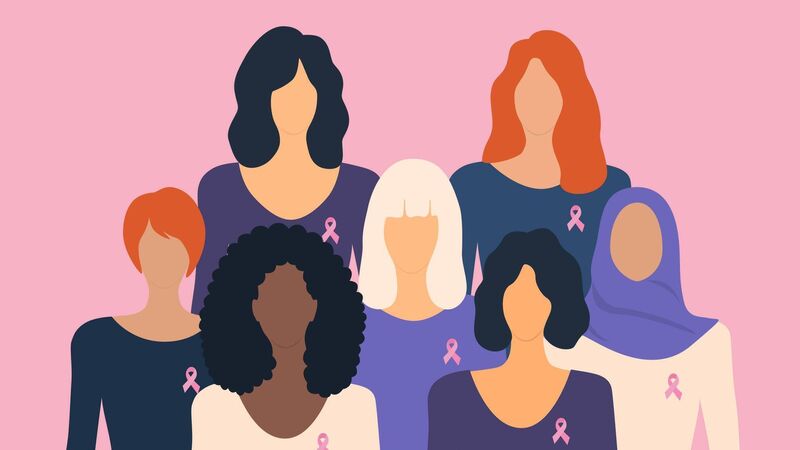My sister has breast cancer. Here's what I've learned about how to support a loved one

A cancer diagnosis holds the weight of a thousand histories, says James, and many people struggle to even say the word.
I am not exactly known for my joie de vivre but when my sister Gillian was diagnosed with stage IV breast cancer, I was tempted to bathe her in the usual “you got this” type platitudes.
When she was going through chemotherapy, I tried to convince her to get a wig.








